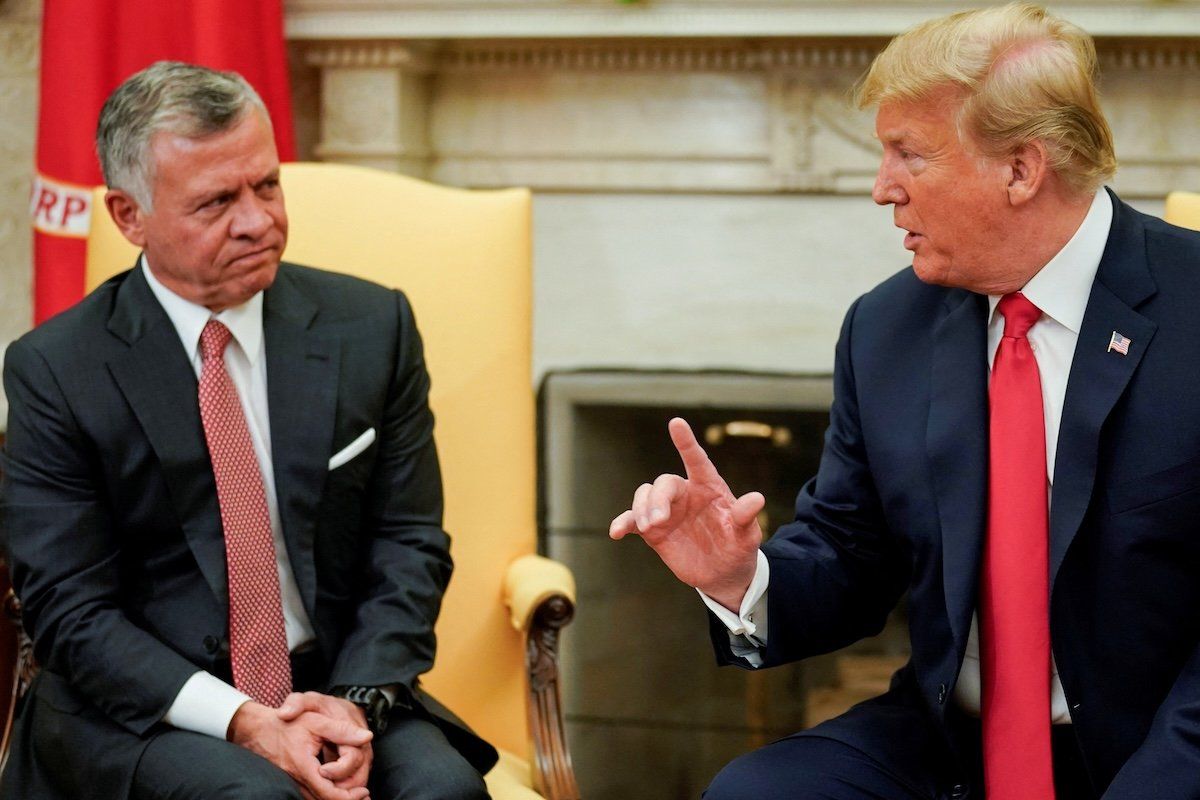Jordan’s King Abdullah II will visit the White House on Tuesday, becoming the first Arab leader to meet with President Donald Trump since he returned to office. The meeting will occur in the shadow of Trump’s controversial plan to force out most of the 2.1 million Palestinians living in the Gaza Strip and resettle them in neighboring countries, including Jordan.
King Abdullah has flatly rejected Trump’s proposal, which includes the US taking control over the coastal enclave, much of which is rubble after nearly 16 months of Israeli bombardment which came in response to Hamas’ Oct. 7 assault. In a post on X last week, the Jordanian royal court condemned what it called “any attempts to annex land and displace the Palestinians.” But Trump has doubled down – in a Fox News interview clip that was set to air Monday, he said Palestinians would not have the right to return to the enclave at all.
Trump has repeatedly insisted that Egypt and Jordan – US allies who enjoy billions in American aid and trade – “will” accept at least “some” Gazans.
And he has leverage: the US sends about $1.5 billion in annual aid to Jordan or about 40% of the kingdom’s total foreign assistance. The US is also Jordan’s largest export market.
Historical perspective: Egypt controlled Gaza for much of the first two decades after Israel declared independence in 1948, and Jordan, which ruled the West Bank, took in millions of displaced Palestinians. Following Israel’s victory in the 1967 Six-Day War, Abdullah’s father’s regime battled Palestinian rebels for control of the country in a conflict known as “Black September.”
Meanwhile, on the ground: Hamas announced Monday that it was postponing the further release of hostages, citing what it said were Israeli violations of the fragile ceasefire deal that was agreed upon in January. Each side has repeatedly accused the other of violations, but thus far the freeing of hostages and prisoners has continued. The continuation of the deal, whose first phase is set to run until the end of February, is now in doubt.
